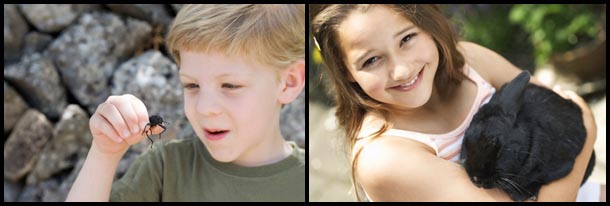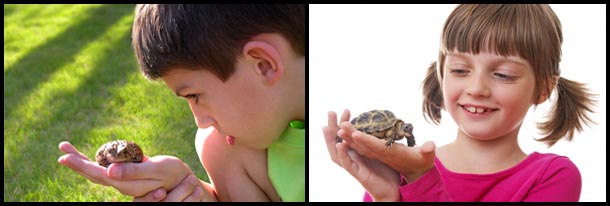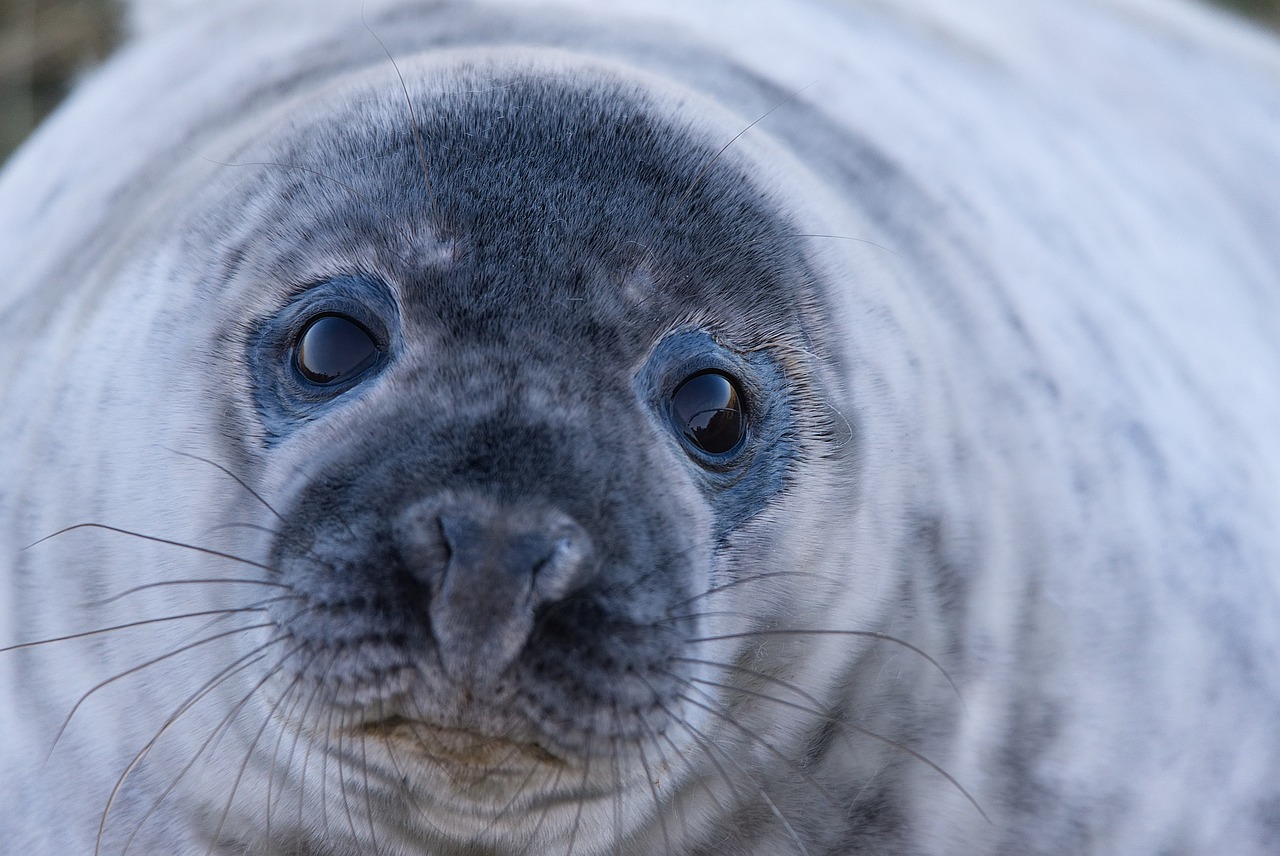Have you ever watched a seal frolicking in the ocean and wondered, “Do seals drink seawater?” The answer might surprise you. Because no, they don’t! Unlike us landlubbers constantly reaching for a refreshing glass of water, seals have a fascinating secret weapon in their fight against dehydration. Seals categorically do not drink seawater. In fact, doing so would be detrimental to their health. Seawater is much saltier than their blood, and ingesting it would throw their delicate electrolyte balance out of whack, leading to a condition called hypernatremia. This can cause everything from lethargy and confusion to seizures and even death.
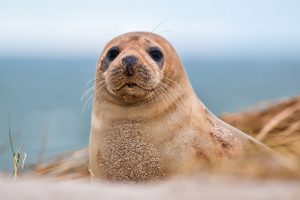
Seal Hydration: So how do they stay hydrated?
So, if seals don’t drink seawater, how do these playful creatures stay hydrated in a world dominated by salty water? The answer lies in their incredible adaptations and a surprisingly efficient water recycling system within their bodies. Seals primarily get their water from their diet. Fish, their main source of sustenance, is packed with moisture. A seal’s digestive system is a marvel of evolution, specifically designed to extract every last drop of water from their fishy feasts. Imagine it as a built-in water purifier, ensuring seals stay perfectly hydrated without ever needing a single sip from the ocean itself.
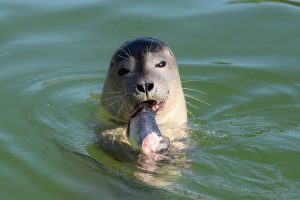
That’s not everything…
However, the story of seal hydration doesn’t end there. The diverse world of seals inhabits a wide range of environments, each presenting unique challenges. For instance, Arctic seals spend a significant amount of time basking on icy shores. These resourceful creatures have developed a clever way to supplement their water intake – they munch on snow or ice! Imagine a seal pup playfully chomping on a piece of ice, not just for fun, but for a refreshing and hydrating snack. It’s a brilliant adaptation that allows them to thrive in their frigid environment.
DID YOU KNOW?
Seals don’t just sleep on land…
they can sleep in water too!
It’s all in the fur and blubber!
Some researchers also believe that seals might lick condensation off their fur after hauling out on land. This seemingly insignificant act could be another sneaky way they gain a little extra hydration boost. Think about it – after spending time in the water, their fur traps moisture that condenses in the cooler air. By licking their fur, seals might be getting a tiny but crucial amount of freshwater.
Speaking of adaptations, let’s not forget the amazing blubber that seals are known for. This thick layer of insulating fat not only keeps them warm in the cold water but also serves as a hidden reservoir. In times of food scarcity, when fish are hard to find, seals can actually break down their blubber for energy and, yes, water! It’s a last resort, but it showcases the incredible resourcefulness of these marine mammals. Their bodies are truly marvels of adaptation, allowing them to survive and thrive in sometimes harsh environments.
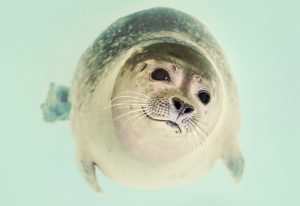
DID YOU KNOW?
‘Seal’ isn’t their only name.
They also go by ‘Pinnipeds’!
Unique and… hydrated!
So, the next time you see a seal basking on the beach, remember: they’re not thirsty! These playful pinnipeds have a unique strategy for staying hydrated. Their fish-filled diet, combined with clever adaptations like snow munching and fur licking, ensures they never need to take a risky sip from the salty ocean. It’s a testament to the amazing diversity of life on Earth and the remarkable ways animals have adapted to their environment.

Extra information
Animal-Club provides animal parties or animal handling workshops. You will be able to see, learn and interact with many wonderful animals with the help of our presenters. Our mobile zoo has many friendly animals such as rabbits, tarantulas, geckos, vinegaroons and more, perfect for an animal party. We can also , come over to your school for an animal school visit or arrange for an animal workshop with us where the children can learn about looking after animals and animal behaviour, and have fun too.
